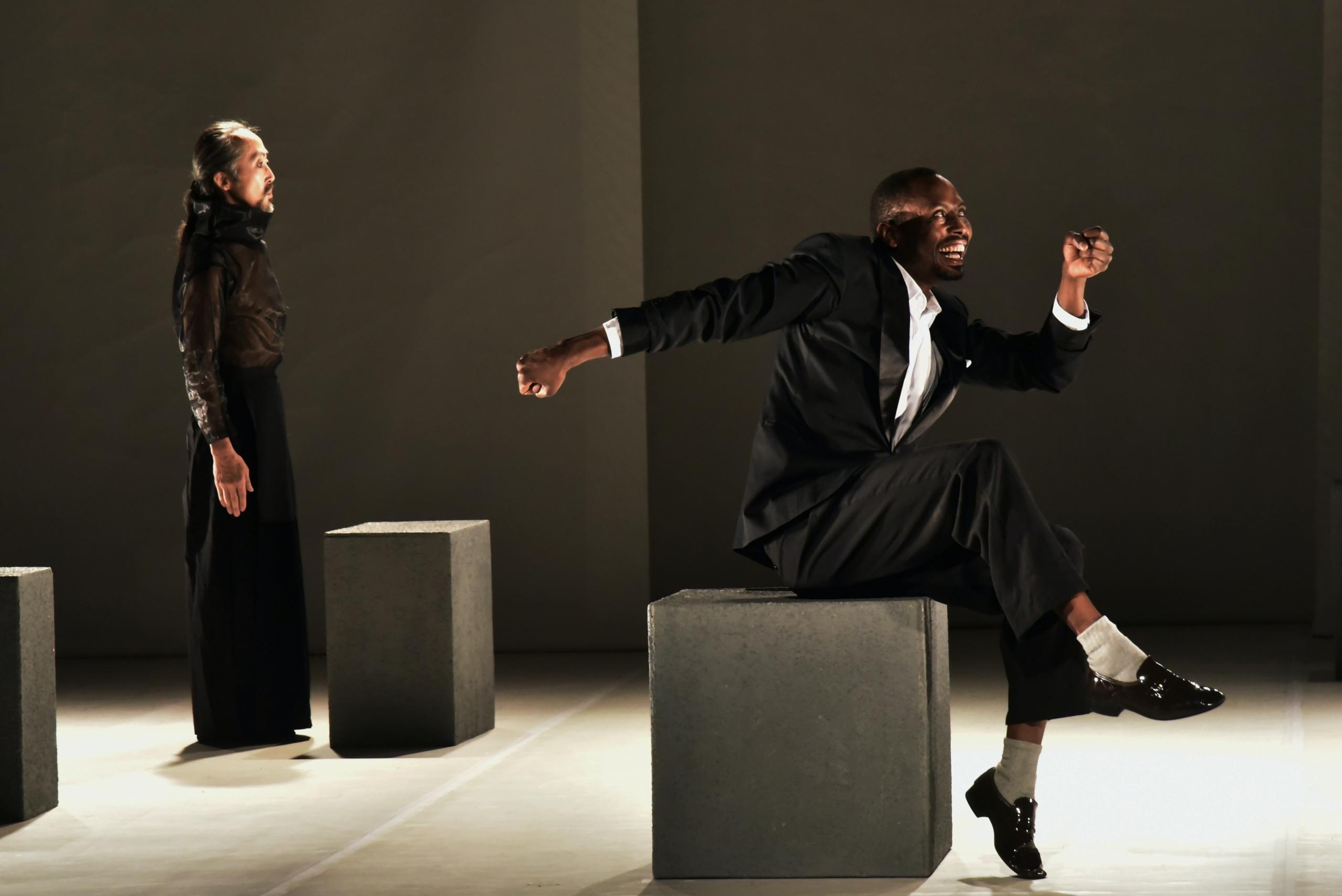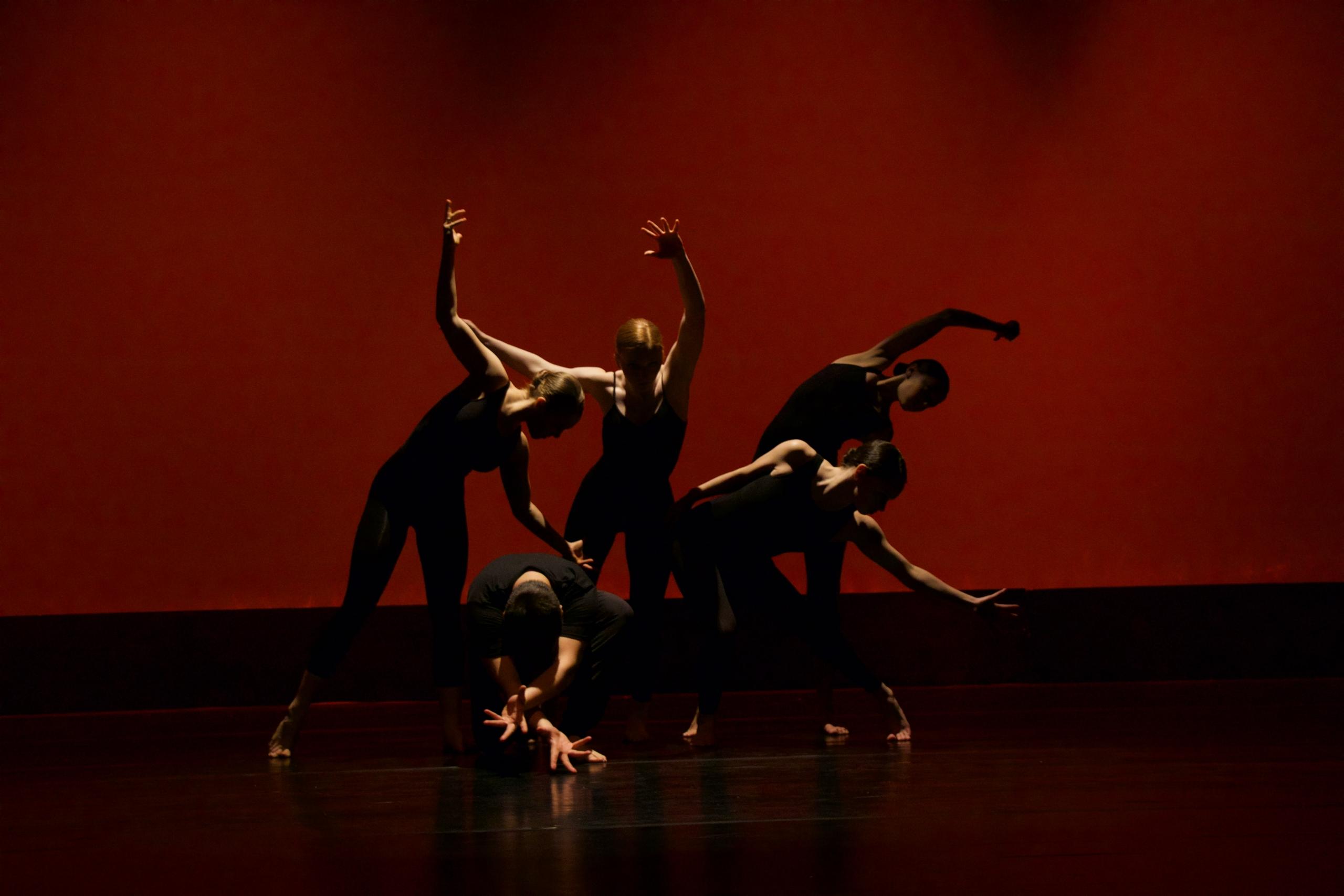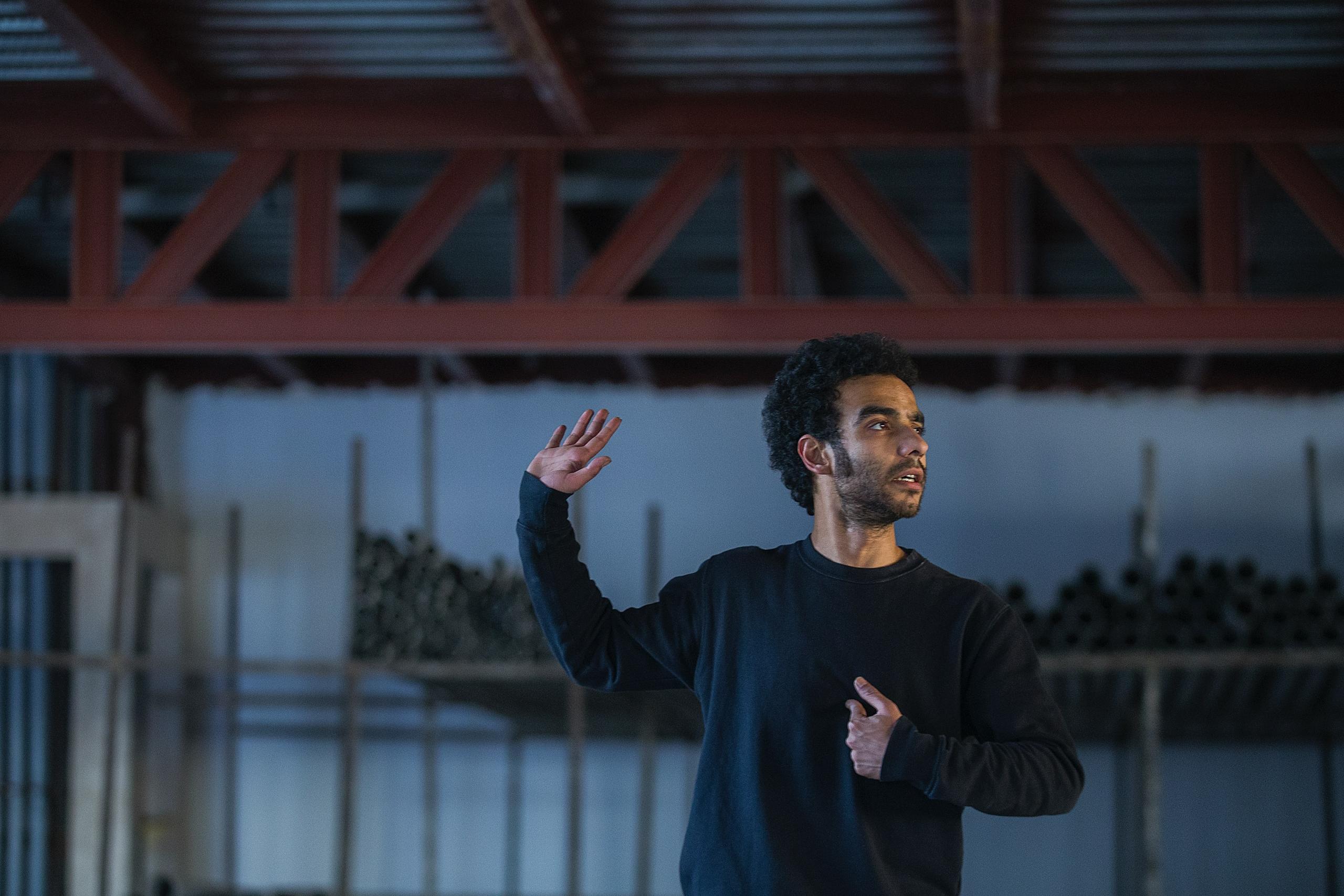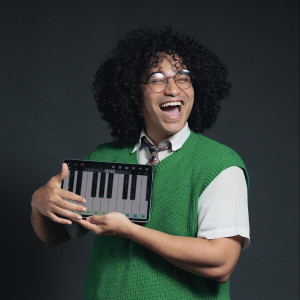Drama permeates throughout society in the form of entertainment, we see it everywhere, in our podcasts we listen to, in the music we consume, the shows we watch and the movies we watch on the big screen. There’s no doubt that drama helps us to understand the cultural perspectives and various world views that we experience around the world. Through the lens of drama, we can be exposed to perspectives such as Maori, Pacific, European and much more to fully appreciate and come to know different groups of people and their unique way of looking at the world. Drama seeks to entertain, there’s no doubt about that, but a really good piece of Drama asks us to think. Drama gets us answering questions about how we live our own lives by seeing various different characters and circumstances portrayed in a theatre show, short film or tv show.
In NCEA drama you will understand and explore the lives of others and in the process cultivate a deeper understanding of yourself and a heightened sense of empathy for others. In drama you tell and emote stories, the story being the central aspect of the assessments. Through NCEA drama you will come to know who you are as a person, what makes you unique and what integral contributions other people can make to a group or team.
What about other aspects of the course? You can get a full overview of each assessment in the course here to catch up and stay ahead. Perhaps you're wanting to get a rundown on the Internals then look over here. Or are you wanting to look at some Past Papers check out this blog. Maybe you are looking at challenging yourself with Scholarship Drama? Now let's jump back into the Study Guide!

Aspects of Drama to Remember
Throughout the year for your internals, you will be working with many of your peers for the achievement standards that you do. More so than any other subject potentially, NCEA Drama asks you to be open to a great deal of collaboration and working in harmony with your fellow students. The drama process will have you rehearsing lots for the many different performances that you will be putting on. You’ll be improvising together to come up with original concepts for your devised piece. And most importantly you will participate in a large ensemble for one assessment where you will perform a significant role. Drama can shift our ways and means of thinking as it asks us to step back from our individualism and instead craft a more collectivist atmosphere, where every idea is heard and the value of the team is very much appreciated. After all, it takes each individual working at their best to make up the whole unit of people in the team. In your year ahead you will develop so many unique skills that will truly cross over for you in the real world. For instance, you will develop a better sense of listening to others.

Communicating ideas will be a big thing that you will come to master, especially when crafting your devising piece, and making your ideas heard or integrating the vast amount of ideas aired out within the group. A big aspect of NCEA Drama is the ability to give and take feedback. At all stages of your internals, there will be times when you need feedback on your performance, ideas or justifications. This will involve a high degree of flexibility, showcasing testing and experimenting to reach the best drama performance. A drama performance that is unique, engaging and has a clear purpose for existing. For some more tips, check out the Study time website.
Elements are a key idea in NCEA Drama to master
Elements are the components that make up a drama piece. These are the parts of aspects of a play that help to structure and set the scene for what type of show and story will take place. Let’s review them.
Role- This is all about who you are as a character, what is your role within the play? What are your characteristics? It can help to do a ‘Role on the Wall’ for this. Which basically is drawing a gingerbread man shape for your character’s stencil and then writing external and internal aspects inside and out of the drawing. To expand on your role, drama techniques and technologies (Pitch Voice, Costume etc) can help to enhance who your character is. We’ll look at them later.

Situation- What is happening at that moment on stage? Again the technologies come into play here. What is the character wearing here? What does this moment show in the wider part of the play?
Time- This is almost like the setting. What particular time of the day is it? Is it occurring in summer or winter etc? Lighting as a technology is key here and can depict a time effectively. Perhaps it’s an indication of the time period in which case props and costumes will play a big role.
Space- This is all about what space is being utilised and what areas are being left vacant. What different levels are present on stage with props and set? Are they all on one level? How about the relationships of the characters/actors? Are they in close proximity to one another to showcase their intimate relationship?
Tension- This is a moment in the play where a sense of pressure is reached and there is a heightened sense of tension. This could be shown through the use of lighting, sound shrillness or, maybe even a character change of voice or pace. All these will seek to build to a climax in the drama work. We’ll look at Techniques next as these assist this.
Focus- This is when the audience is forced to zero in on a significant moment in time or action. It could be as small as a gesture being drawn to our attention, or as big as all the lights going out for an impact in a scene.
Action- This is carried out in the research phase and asks the performer to develop their character and their characters choices. It’s all about what is the character's objectives. What are they wanting out of this scene?
Mood- What kind of mood is evoked through this type of scene? Sensual? Dramatic? Maybe scary? This is all enhanced usually by key contributions from the lighting technology, sound or set.
Symbol- Finally we have a symbol, which is a significant object that seeks to represent a key idea of the script. Symbols can be quite powerful and really draw attention to a character or the wider themes of the text.

Next up, Drama Techniques are important to know!
Drama techniques are a set of methods that are utilised by actors to achieve a certain meaning relating to the voice, body movement or space. Let’s dive in.
Voice- There is so much that an actor can do with their voice to showcase the show’s purpose. Actors can adjust their pitch, breathing, articulation, volume, projection, pace or accent. Is there a moment that needs more focus added? Then why not add some purposeful pauses in to draw attention to this. Has the character just found out some bad shocking news? Why not have their articulation suffer and fumble. The voice is an instrument and with all these facets of its make-up, you can bend the audience’s perception and take us on a journey.
Body- This is all about how you hold yourself as an actor. Is your character slumped over? Maybe they walk in an elongated manner? It’s not just posture but also how they relate to others like their body language around certain characters.
Movement- How does your character travel through space? In what manner do they do so? They could change the speed of the character or the components of how they walk. Do they move in a smooth way or is it jerky? Look into Laban’s movements to get inspired when creating your character. Also the movement in relation to all the ensemble. Do they all move together for a moment of focus? Is there contrast?

Gesture- How do you gesture and in what way? Is it sharp? Controlled? Or maybe low energy. Gesture draws attention to the mood and role. Check out here for more breakdowns on techniques.
Conventions help to shape the play
Conventions are ways of exploring meaning and techniques used to show this. These are the types of conventions:
Structural Conventions- These can be diagrams, maps, montage
Story Conventions- These give the audience more understanding of the character. Like the narrator, spoken thoughts, audience interaction etc
Time Conventions- This shifts the audience's understanding by giving insight into a key moment in the past or in the future.
Action Conventions- These are actions that draw attention to the story. This could be slow motion or mime.
Process Conventions- This is all about behind the scenes. Visualizations, hot seating and roll on the wall. Techniques used to gain insight into your character.
Finally, Drama Technologies
These are equipment that helps to present and explain key meanings about the play. This can be everything from Lighting, Props, Costume, Make-up, Sounds, Set etc. These all help to develop a mood and reference a Time and Place. This is the fun aspect of creating your performances as you get to think of a visual way you will address certain aspects of your character and the themes of your drama piece.
Try Superprof!
Wanting some extra help still? Try Superprof, it’s an online tutoring website where you can get help from someone who has extra resources, can offer support and help you with your course work. Your first lesson is free so there really is a huge incentive to have a go with it and see if online tutoring is right for you. Log on today to see the wide selection of tutors.
Summarise with AI:















